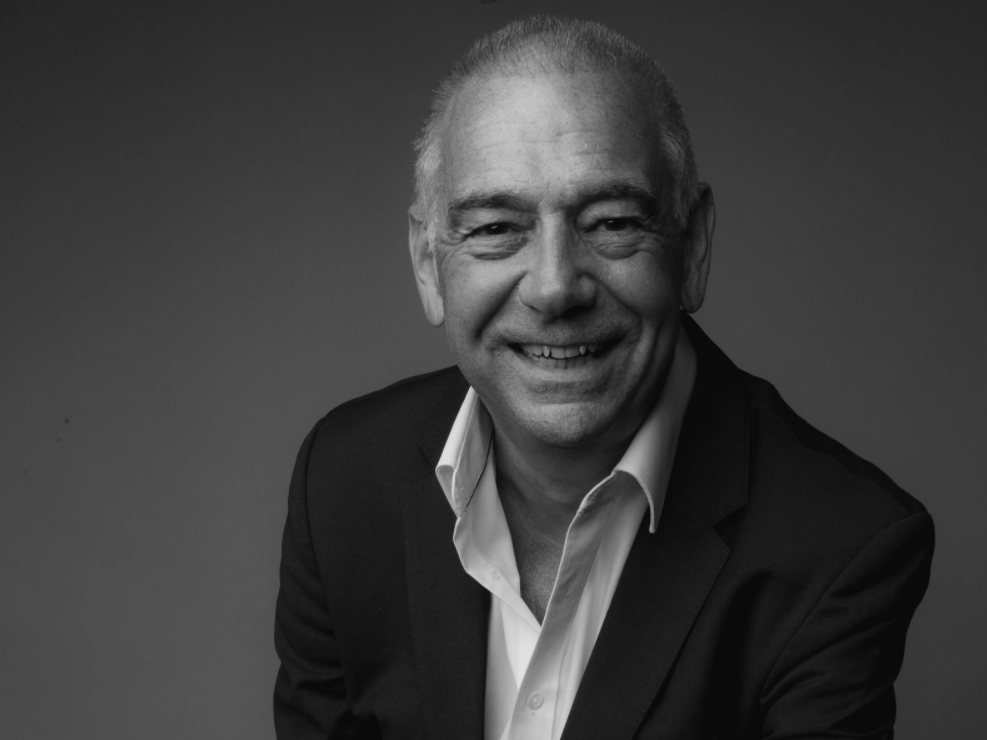
The BBC has apologised and agreed to pay a “significant sum” to a former Panorama journalist who alerted the broadcaster to suspicions over the way Martin Bashir secured his 1995 interview with Princess Diana.
Mark Killick (pictured) was labelled a troublemaker and forced off Panorama for raising concerns, with managers claiming he was leaking information about the programme he had worked on for seven years because he was jealous he had not been on the team that produced the world-famous interview.
The Dyson report published by the BBC last year concluded that Bashir commissioned faked bank statements and used “deceitful behaviour” in a “serious breach” of the broadcaster’s producer guidelines to secure his interview with Princess Diana.
The Dyson report also called the subsequent investigation as “woefully ineffective” and shed light on a “cover-up” led by the BBC press office.
The documents appeared to show the former head of security for Diana’s brother Earl Spencer had received thousands from News International for information, making the princess believe information was being leaked about her to the press and potentially contributing to her decision to tell her own story.
The explosive interview remains memorable for her candid admission: “Well, there were three of us in this marriage, so it was a bit crowded.”
Matt Weissler, the BBC graphic designer who Bashir asked to mock up the bank statements and who himself received an apology and financial compensation last year for the way he was sidelined from work after the initial investigation, sent the fake documents to Killick after realising something was not right after the broadcast.
The Dyson report said senior reporter and producer Killick was “immediately suspicious about the authenticity of the documents” and “reluctantly concluded that there was a real possibility that the bank statements may have been used to deceive someone” – likely Earl Spencer.
He confronted Bashir in the BBC canteen the next day and told Lord Dyson the journalist was “was clearly very angry that he had the documents, refused to answer any questions and said that it was none of his business”.
Killick said he became “increasingly aware of the potential enormity of what may have happened” and sought advice from two senior colleagues. When they were brushed off again by Bashir, the group took their concerns to Panorama editor Steve Hewlett who became “furious”.
According to the Dyson report, in a private meeting Hewlett later told former Panorama deputy editor Harry Dean that Killick “had been leaking information about the programme as he was jealous of Mr Bashir’s success”.
The BBC press office subsequently briefed the press “that it
suspected that stories about fake bank statements were being leaked by jealous colleagues,” a publicity officer for Panorama told Lord Dyson.
A memo from then-director of news Tony Hall, later director-general, said the BBC would “work to deal with leakers and remove persistent troublemakers from the programme”.
Killick claimed the handling of the suspicions amounted to a “cover-up”, telling the Dyson report: “…the BBC management deliberately developed a false narrative to divert attention from the fact that its much lauded interview with Princess Diana had been obtained at best by dubious methods.
“As a result, I believe this led to an institutional cover up and the deliberate character assassination of myself and my colleagues who had sought to speak the truth.”
The BBC has now accepted that the management of the time made a series of defamatory statements about Killick that led to him being forced off Panorama. It added that he acted “entirely properly” in sharing concerns over the interview and agreed to pay him damages and costs.
Killick said: “The BBC’s attempt to try and destroy my reputation rather than investigate my concerns shows just how desperate the BBC was to hide what had happened.
“It was an extraordinary attempt to cover up wrongdoing and the climate of fear it created may well have stopped other BBC whistleblowers from speaking out for a generation.”
Killick added: “I am grateful to [director-general] Tim Davie and his team for finally setting the record straight. But the damage to the BBC’s reputation is immense and you can understand if BBC employees no longer have the courage to speak truth to power.”
The BBC said in a statement: “The BBC apologises unreservedly for defamatory statements made of Mr Killick in 1996 in internal BBC documents during the corporation’s investigations into events surrounding the interview with Diana, Princess of Wales.
“Mr Killick acted entirely properly in referring his concerns about Martin Bashir’s interview with Diana, Princess of Wales to senior management.
“The BBC has agreed to pay Mr Killick a significant sum in damages and costs, and we wish him all the best for the future.”
Press Gazette editor-in-chief Dominic Ponsford laid out a series of unanswered questions following the publication of the Dyson report last year, one of which asked whether the BBC would apologise and pay compensation to all unfairly-treated whistleblowers.
Picture: Media Zoo
Email pged@pressgazette.co.uk to point out mistakes, provide story tips or send in a letter for publication on our "Letters Page" blog
